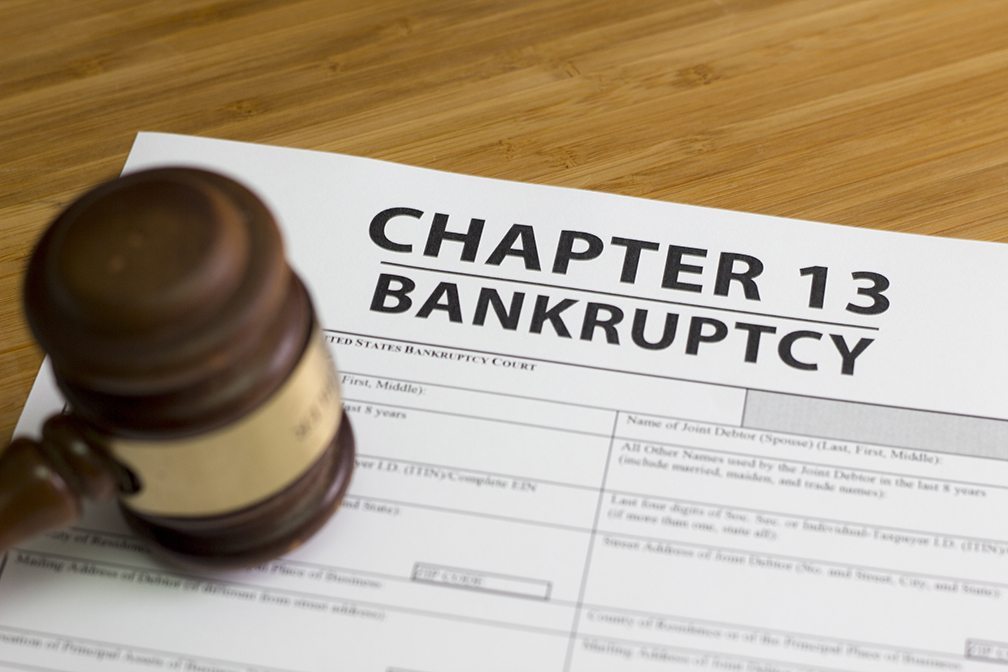Understanding ‘Bridge’ Financing: How to Buy a New Home Before You Sell Your Current One
 One of the biggest challenges a homeowner can face when looking to upgrade or move is trying to sell their current home while buying another. If most of your net worth or equity is locked up in your current house, you will need to move it into cash to help fund the purchase of your new home. The alternative is to wait until your home is sold and you receive the funds before trying to buy a new one – but you could end up waiting for months.
One of the biggest challenges a homeowner can face when looking to upgrade or move is trying to sell their current home while buying another. If most of your net worth or equity is locked up in your current house, you will need to move it into cash to help fund the purchase of your new home. The alternative is to wait until your home is sold and you receive the funds before trying to buy a new one – but you could end up waiting for months.
The great news is that there are bridge financing options available to homeowners which can help to get things moving. Let’s take a look at how a bridge loan works and how it can help you to buy a new home before your sale is finalized.
How Does A Bridge Loan Work?
First, it is important to note that a bridge loan isn’t the same as your mortgage loan for your new home. Instead, when you take out bridge financing, you’ll borrow against the equity that you’ve built up in your current home. You’ll then be able to use these funds to help cover the costs involved with closing on your new house. Then, when you sell your old home, you’ll use part of the proceeds of that to pay off your bridge loan.
The main benefit you’ll get from this approach is a bit of extra time and flexibility in selling your home. Instead of having to accept a low offer or rush into a sale, you’ll have a bit of breathing room to take the best offer when the time is right.
Try To Avoid Making A Contingent Offer
Your bridge financing can also help you to make the winning bid and close on your new home faster. One piece of advice that some real estate agents and other experts have shared is to avoid making an offer on a new home that is contingent on selling your current home. This is especially true if you are buying in a hot real estate market where there are other buyers competing against you for the same home. If you’re already funded, you can submit an offer to buy the home as soon as the seller is ready.
As you can see, taking out a bridge loan against the equity of your current home is a great way to cover the costs of buying a new home. For more information about how bridge financing works and how you can pair it up with a mortgage for a new house or condo, contact us today. Our team of mortgage advisors is happy to share financing options that fit your needs and budget.

 While it is sometimes the best option to get your finances repaired, the bankruptcy and following discharge period can be tough. However, while it may delay things for a couple of years, the good news is that even a bankruptcy won’t stop you from borrowing a mortgage to buy a home. In today’s article, we will share some insight into how you can get a mortgage loan after going through bankruptcy.
While it is sometimes the best option to get your finances repaired, the bankruptcy and following discharge period can be tough. However, while it may delay things for a couple of years, the good news is that even a bankruptcy won’t stop you from borrowing a mortgage to buy a home. In today’s article, we will share some insight into how you can get a mortgage loan after going through bankruptcy. As with any loan or line of credit, there are benefits to getting your mortgage paid down. You’ll pay less in interest, potentially saving thousands over the repayment period. Moreover, you’ll own your home outright that much quicker.
As with any loan or line of credit, there are benefits to getting your mortgage paid down. You’ll pay less in interest, potentially saving thousands over the repayment period. Moreover, you’ll own your home outright that much quicker.